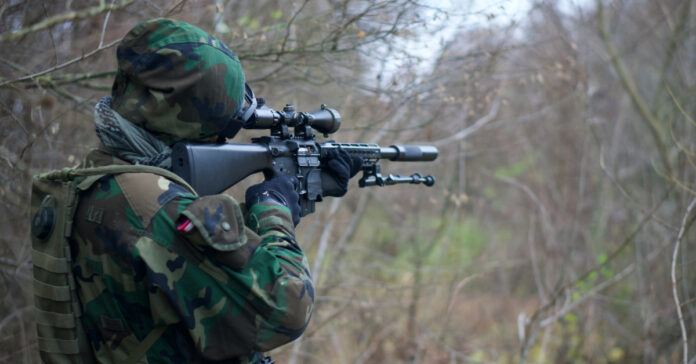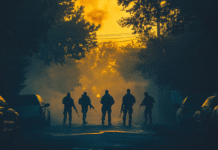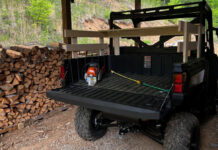I am seriously considering buying a suppressor, paying for the tax stamp, and filing the paperwork before Inauguration Day. I don’t expect to get the BATFE approval for months and months, but I figure it cannot hurt to get the paperwork started before Joe Biden starts signing executive orders or forcing legislation through the Senate. It is also possible that prices will increase and availability will decrease if there were to be any significant gun control legislation.
Right now, finding ammo is tough because demand is so high. That’s driving up the price of common calibers like 9mm and 5.56/.223 as well as specialty ammo, hunting ammo, and even unusual calibers. Reloading components are also in short supply. Suppressors are still available, so I think I will act now, while I still can.
What Caliber?
As a general rule, a suppressor will work for a designated caliber and anything smaller than it. For example, a suppressor designed for fit a .45 will also work on a .40 or a 9mm, although the reduction in noise will not be quite as great. A suppressor designed built for a .30/7.62 can also be used on a 6.5 Creedmoor, a .243, a 5.56 and many more calibers than I can name.
I have decided that I am going to buy a rifle suppressor, so it will be one suitable for a .30 caliber that can fit a .308, .30/30, .30-06, and similar guns. It will be used for hunting and target shooting with the possibility of using it for self-defense should the balloon go up. I also picked .30 in part because I have .300 Blackout and can shoot subsonic rounds through it. That would give me a very quiet gun indeed.
I’ve read that the advantage of putting a suppressor on a .308 is that it makes it harder to tell where the gunshot is coming from. You still have the sonic boom, of course, because the bullet is going faster than the speed of sound, but the muzzle blast is reduced from somewhere around 160 decibels to less than 130, which is less than a .22LR. If your target is a couple hundred yards away, they will have a hard time pinpointing where the incoming fire originates.
Suppressors for Hunting
It is legal to hunt with a suppressor in 34 states, including mine. One advantage of hunting with a suppressor is that you don’t need to wear hearing protection, meaning you can rely on your hearing to help identify game. I think that this could also be useful in a survival situation. If you kill a deer, the gunshot will let everyone within hearing distance know you have fresh meat. With a suppressor, far fewer people will hear it, and those that do will be less likely to follow the sound back to your kill site. Better yet would be to hunt during a SHTF situation using a suppressed .22LR, but that may limit the shots you can take and potentially the game you hunt.
The Mechanics of the Purchase
I expect I will go the trust route to buy the suppressor, meaning that a trust will own the suppressor rather than me owning it as an individual. With a trust, I can pass the suppressor on to my daughter without needing to jump through more BATFE hoops.
I will post more details about what I buy, where I buy it, and how the process goes. Expect this to be a lengthy process. I hear approvals can take a a year.
If you use a suppressor, please comment below on your experience.







